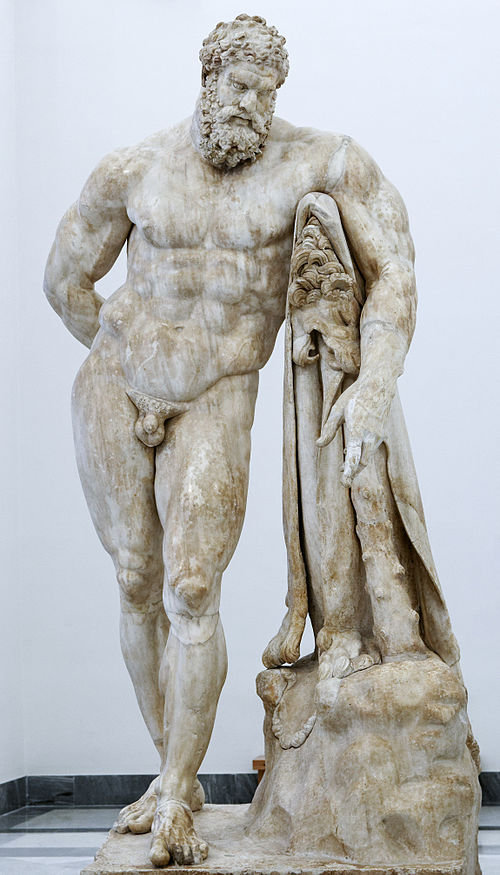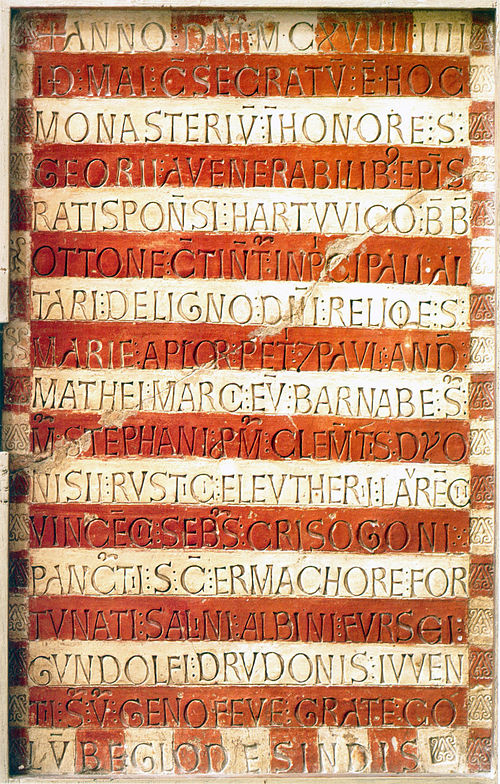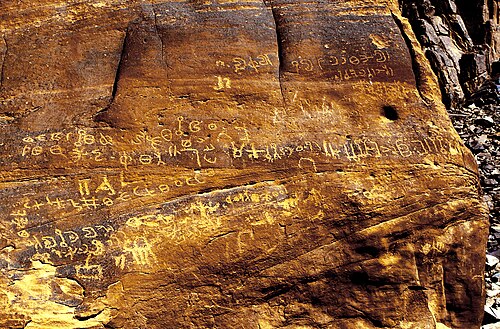Epigraphynoun
inscriptions collectively
Epigraphynoun
the study or decipherment of inscriptions, especially of ancient ones
Epigraphynoun
The science of inscriptions; the art of engraving inscriptions or of deciphering them.
Epigraphynoun
the study of ancient inscriptions
Epigraphy
Epigraphy (Ancient Greek: ἐπιγραφή, ) is the study of inscriptions, or epigraphs, as writing; it is the science of identifying graphemes, clarifying their meanings, classifying their uses according to dates and cultural contexts, and drawing conclusions about the writing and the writers. Specifically excluded from epigraphy are the historical significance of an epigraph as a document and the artistic value of a literary composition.
Numismaticsnoun
The study of coins, tokens, medals and paper money
Numismaticsnoun
The study of coins
Numismaticsnoun
The collecting of coins, tokens, medals and paper money
Numismaticsnoun
The collecting of coins
Numismaticsnoun
The science of coins and medals.
Numismaticsnoun
the collection and study of money (and coins in particular)
Numismaticsnoun
the study or collection of coins, banknotes, and medals.
Numismatics
Numismatics is the study or collection of currency, including coins, tokens, paper money, medals and related objects. While numismatists are often characterized as students or collectors of coins, the discipline also includes the broader study of money and other payment media used to resolve debts and the exchange of goods.




























